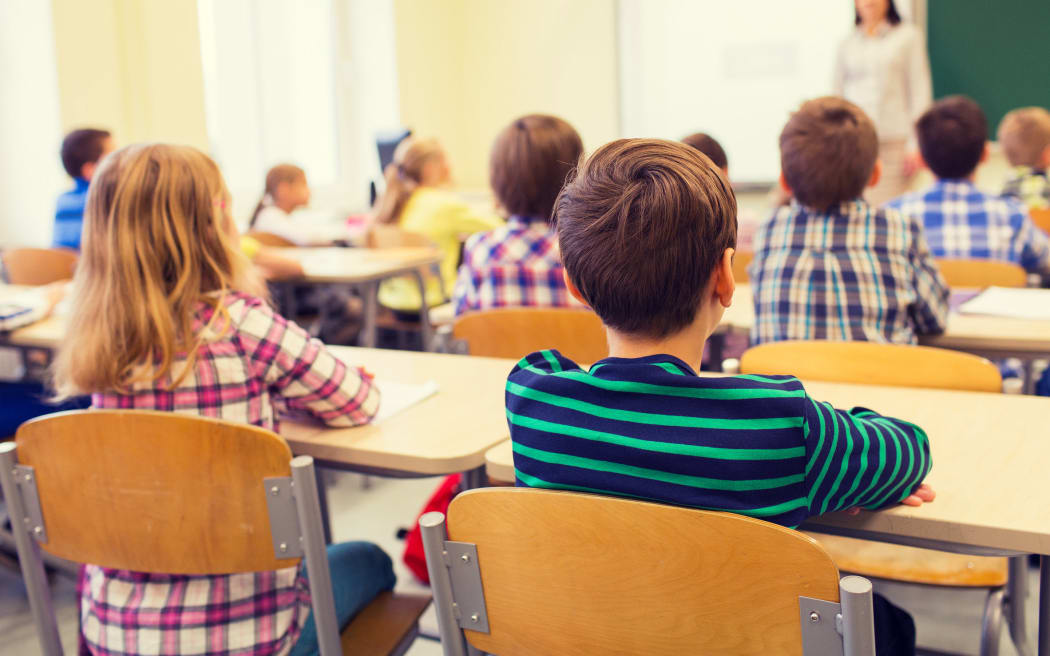Principals and teachers warn they are seeing worse behaviour and achievement after two-and-a-half-years of pandemic disruption.
 File photo. Photo: 123RF
File photo. Photo: 123RF
They told RNZ many young people were doing well, but some had gaps in their learning and had missed basic routines and socialisation that helped them get along with one another and with their teachers.
They said the situation was worst in Auckland, where schools had lost more time to lockdowns than schools in other parts of the country.
An Auckland teacher told RNZ he was seeing more aggression and worse achievement among teenagers.
“Three years of Covid have taken a huge toll on student skills, knowledge and cognitive functioning. Many struggle to concentrate when they are here, and the gaps in their learning are significant. Student behaviour keeps getting worse,” the teacher wrote.
He said he was also seeing “more issues of defiance, non-compliance, rudeness to staff, fights”.
Post Primary Teachers’ Association president Melanie Webber said other teachers had reported similar problems.
“Our members are seeing behavioural issues with students but we’re also seeing gaps in learning appearing,” she said.
“The behavioural stuff is often when we look at those Year 11s, they’ve spent their entire high school disrupted, particularly in Auckland and Waikato although we’re hearing it from throughout the country.”
Webber said schools needed more staff, especially in positions that provided pastoral care to students.
Auckland Primary Principals’ Association president Wendy Kofoed said more children had been starting school with less early childhood education and as a result they were poorly prepared for school.
In addition, Kofoed said six and seven-year-olds had not experienced school life before Covid and while some had coped well, others had not.
“We’ve got some good progress from a group, but there’s another group that would be below our expectation at this time of year and they’re not ‘just below’, they are ‘well below’ that expectation,” she said.
Secondary Principals’ Association president Vaughan Couillault said school was online for most of the third term in Auckland last year and for younger students it was optional in term four.
He said teens who were not keen on school in the first place opted out and now schools were feeling the effects.
“For those students who are disengaged and find school not their first choice in terms of things to do each day, they had the choice not to return to school and probably didn’t and therefore we haven’t had the ability to teach them how we want them to behave in a school setting and that’s starting to rear its head around behaviours now,” he said.
Auckland Secondary Principals’ Association president Steve Hargreaves said some schools had noticed little change, but others were experiencing worse behaviour.
“We’re talking about an increase in anti-social behaviour, increasing the amount of online bullying, graffiti, a little bit of conflict between students and to a slightly higher degree than what we’ve seen in previous years,” he said.
Hargreaves said some students’ learning had also suffered, especially if they struggled with online learning last year.
“There are students arriving now who didn’t have the opportunities to learn online or because of their family situation and they missed a lot of learning and now teachers are having to try and plug those gaps,” he said.
Hargreaves said schools were doing their best to support students with guidance and health programmes, and by encouraging positive relationships and routines.
